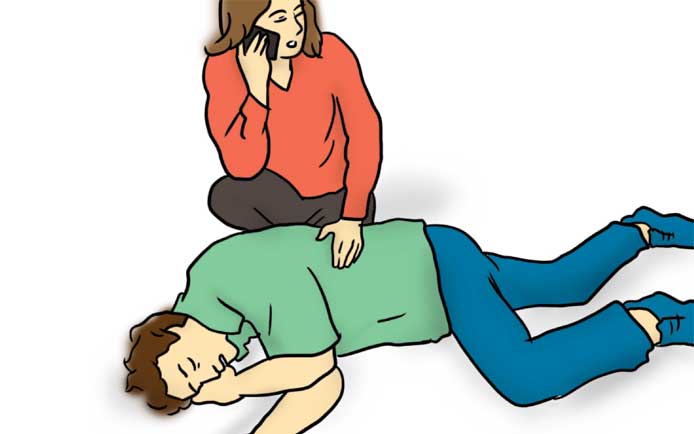Here are 10 significant tips about Heart Health by Dr. Ashok Seth, Chairman, Fortis Escorts Heart Institute New Delhi.
World Heart Day is celebrated on 29th September 2020 which brings in focus the vital organ of our body heart. To discuss more on heart health and its several parameters Famhealth is in an exclusive conversation with Dr. Ashok Seth, Chairman, Fortis Escorts Heart Institute New Delhi.
When asked about the scale of Heart Diseases in India Dr. Ashok Seth says,
- India has become the heart attack capital of the world. In last 30years there’s an increase for about 300% in the rate of heart diseases whereas it has dropped in the west by almost 50%.
- In last 50 years heart diseases have grown in young people by 100% which is almost double if we compare to west. India is a young country with 60% of population less than 40 years of age so these numbers are really scary because half of the country is at risk of getting a heart disease.
When asked about the reason for such astonishing numbers about Heart Disease in India Dr. Ashok Seth says,
- Lifestyle is one of the most obvious reasons for the country to develop a heart disease. Today’s is a competitive world with job competitiveness, educational competitiveness, meeting deadlines, stress, no exercise and eating junk all of these lead to a unhealthy heart.
- Unhealthy lifestyle issues lead to developing of cholesterol, hypertension, diabetes and ultimately leading to blockage of arteries and a stroke.
- Pollution is another major factor that leads to blockages of arteries, results in hypertension and youth are most vulnerable to develop all these because they mostly remain outside for work or study.
- Another leading and very obvious factor is smoking. Youth is under stress due to one or the either reason they develop a habit of smoking and alcoholism thus digging in their own graves i.e. pushing one to develop a heart disease.
When asked about possible ways to avoid a heart disease Dr. Ashok Seth says,
- A regular routine check-up of lipid profiles, diabetes, and cholesterol level above the age of 25 in men is very necessary. If a person is beyond 45 years of age then they should go for a complete check-up and should be very cautious about their heart health.
- Leading a very healthy lifestyle is very important exercising for 45 minutes 5 times in a week reduces the risk of heart disease by 25%.
- Go for tests like blood tests, ECG, exercise tests are recommended for a person to know about the functioning of heart which reveal almost 10%-20% blockage of arteries in heart.
- CT scan and CT angiogram are very important to know about the heart health of a person. This test reveals almost 30%-40% blockage of arteries in the heart which means a person is at high risk of getting a heart disease.









